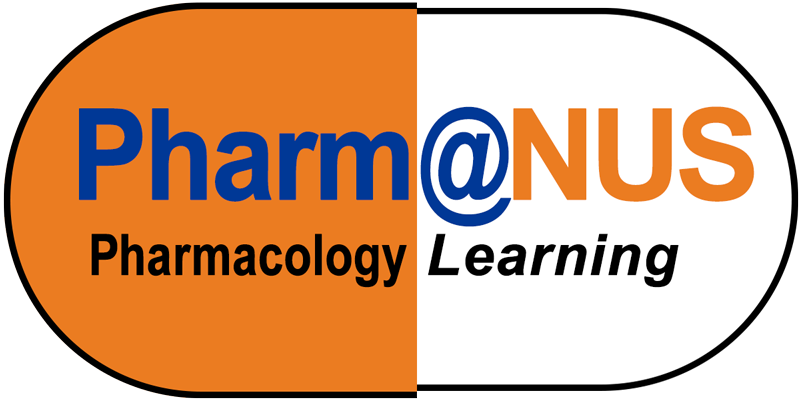Why do some low-dose aspirin formulations intended for use as anti-platelet medications contain glycine?
Aspirin has a potent anti-platelet action because it is an irreversible inhibitor of cyclooxygenase (COX). COX-1 is required for synthesis of the prothrombotic factor, thromboxane A2 (TXA2), in platelets. Platelets, being fragments of megakaryocytes, do not have a nucleus and therefore cannot synthesise more COX when it is irreversibly inhibited by aspirin. Thus, to recover from irreversible inhibition of COX-1 in the platelets, your body has to make new platelets. The average lifespan of a platelet is 8 to 9 days, so the anti-platelet effect aspirin is potent and long-lasting. However, in the stomach, inhibition of COX-1 prevents the production of protective prostaglandins and results in increased risk of gastrointestinal disturbance and peptic ulcers.
The combination of aspirin with glycine is reported to improve gastrointestinal tolerance to aspirin for anti-platelet drug therapy (1). Glycine is also itself reported to have an anti-platelet effect (2). The evidence to date for the efficacy of glycine both in improving gastrointestinal tolerance of aspirin and in having anti-platelet actions is limited. However, as glycine is a common dietary amino acid, there is little concern over the risk-to-benefit ratio of including glycine in aspirin formulations for use in anti-platelet drug therapy.
